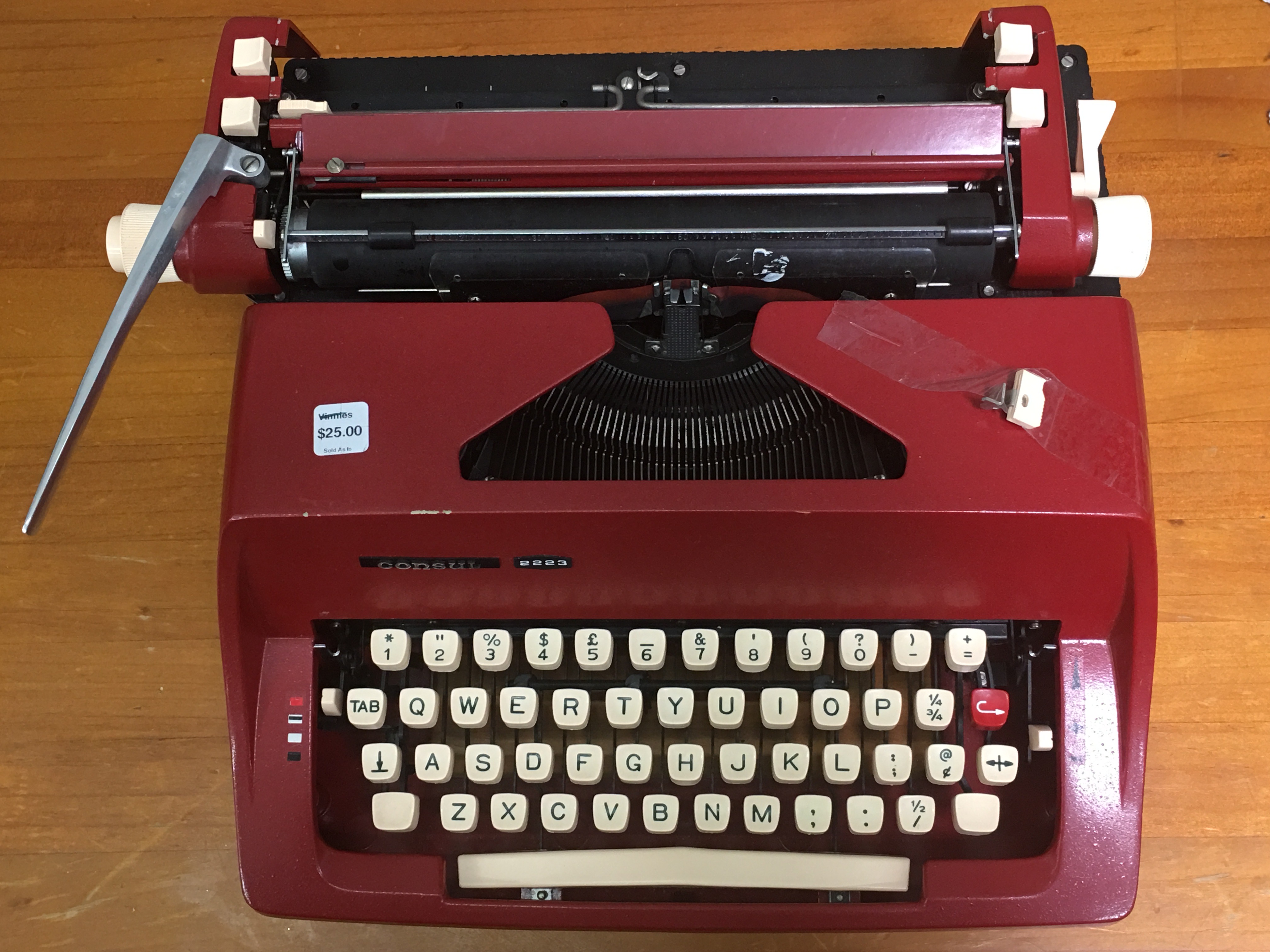In recent years I’ve been able to attend a few of the talks held each year by the Blackheath History Forum. These are usually held at the Blackheath Primary School, and once the nominal entry fee is paid, the school hall is a welcoming space. People gather in clutches and there are tables laden with home baked sweets with urns simmering for the cups of tea and coffee to accompany the treats. Tapestries adorn the stage featuring the natural beauty of the area, providing a beautiful backdrop.
Each season offers a range of guest speakers on an array of topics relating to Australian history, and I’ve enjoyed interesting talks over the years. After an introduction and the guest speaker’s presentation, there is a break in proceedings to enjoy the refreshments on offer, followed by a question and answer session. This is always lively, and adds another dimension to the experience.
It is unlikely that there will be any live sessions in the 2021 season, but in the spirit of embracing the available technology, I was able to watch a live stream broadcast of an interview between author Gideon Haigh and historian Hannah Forsyth on Haigh’s books The Momentous, Uneventful Day: A Requiem for the Office and The Office, A Hardworking History.
Haigh provided a brief overview of the office, which was originally incorporated into homes and farms, before gradually emerging as a separate architectural form as it expanded with the industrial revolution. It came to dominate the twentieth century as there were continued developments in regards to organisation and structural layout in order to maximise efficiencies. In more recent years there have been trends such as hot-desking, though as pointed out this sometimes creates issues in locating where staff or a team actually are when there isn’t a designated space in which they work together.
The sudden rise in the number of people working from home in the past 18 months was also discussed, and the likelihood of an ongoing hybrid style of work, being carried out partly in office and at home, is high in some industries. There are benefits, such as saving on the commute time, but there are also things that are lost, like the incidental conversations with colleagues which can be the spark for problem-solving or innovation. These are hard to replicate through online meetings and the like.
Something that resonated with me was Haigh’s admission that, whilst he had been working from home for over 25 years as a writer, he found it challenging during lockdown when this was no longer a choice but a necessity. There was something about the shift in circumstances which had a bigger impact on productivity than he would have thought. As I read recently “If your home is your office, and you’re always at home, then you’re always at the office.”
After watching the interview, I reflected on some of the workspaces I’ve been in over the years. From small businesses to larger organisations, every office has had a different layout and personality of a sort, even if there are inevitable similarities. The agility of many businesses has been tested by the requirement to have staff working remotely, and many may be rethinking what their future office space looks like, if it continues to exist at all.
You can find the interview here, and read more about Gideon Haigh on his website. The Blackheath History Forum email newsletter included a recipe for scones, and in the spirit of participation I made a batch to enjoy whilst watching the talk. It wasn’t quite the same as the communal experience in the school hall, but it was still a welcome treat!
What do you think the future will hold for the office?
Photo: entrance to the hall, Blackheath Primary School


Hello 🙂 Welcome back..I work from home and I can relate to the feeling where it’s not by choice but circumstance..it’s like a plot twist from freedom to invisible cage
LikeLiked by 1 person
Thank you! And I love your imagery of an invisible cage – it captures just how I feel some days 😬
LikeLike
I think some jobs will still require an office presence, but there will be a growing number of people who work from home.
LikeLiked by 1 person
Thank you for your thoughts, Ann. I agree that there will probably be a mix of the two and whilst this was probably inevitable, it has certainly gained momentum in the last year or so.
LikeLiked by 1 person
I am glad to see you reappear. I have missed your writings and wit. 🙂
LikeLiked by 1 person
Thank you so much – and it’s lovely to come across your posts, brightening the days with humour and thoughtfulness ☺️
LikeLiked by 1 person